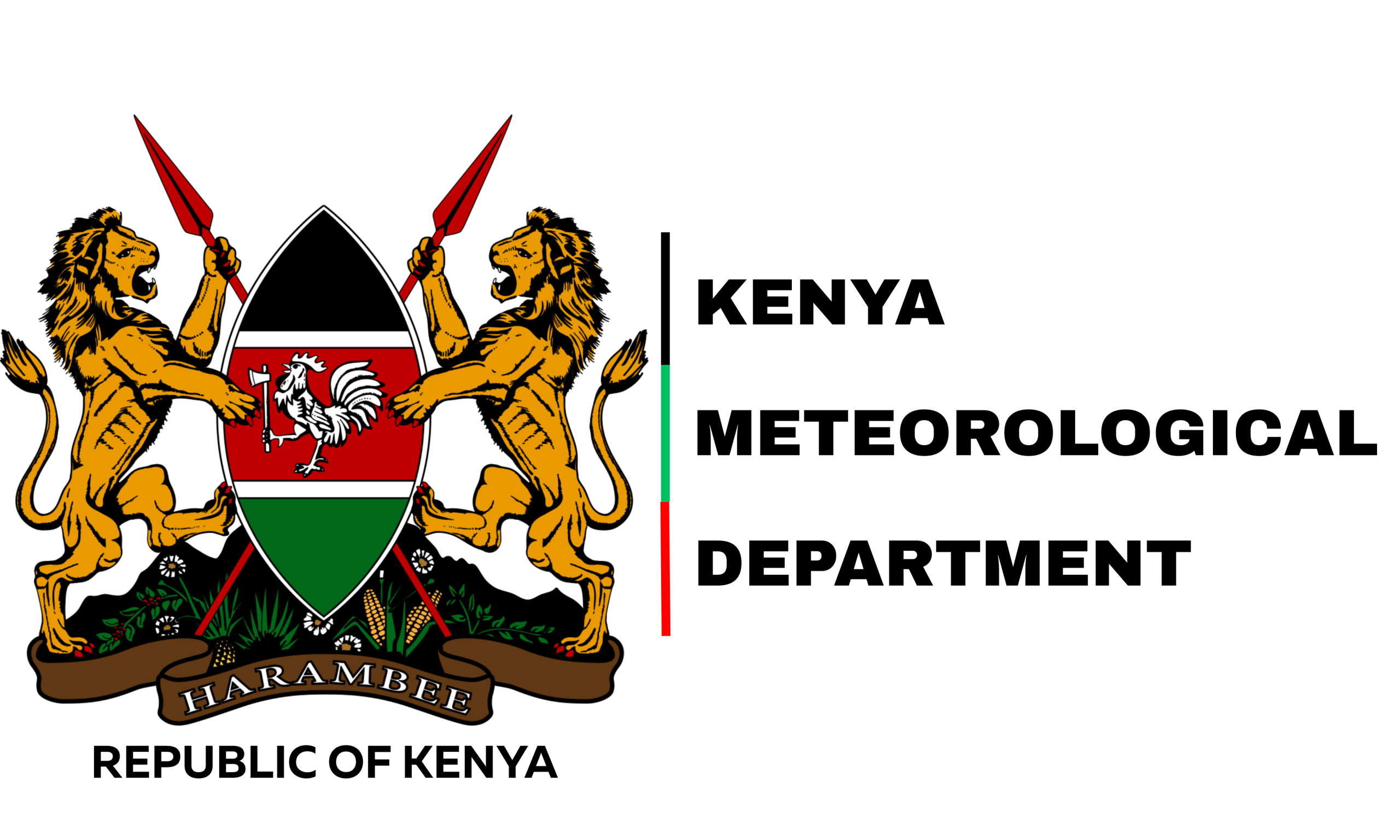METEOROLOGICAL FORECASTING COURSES
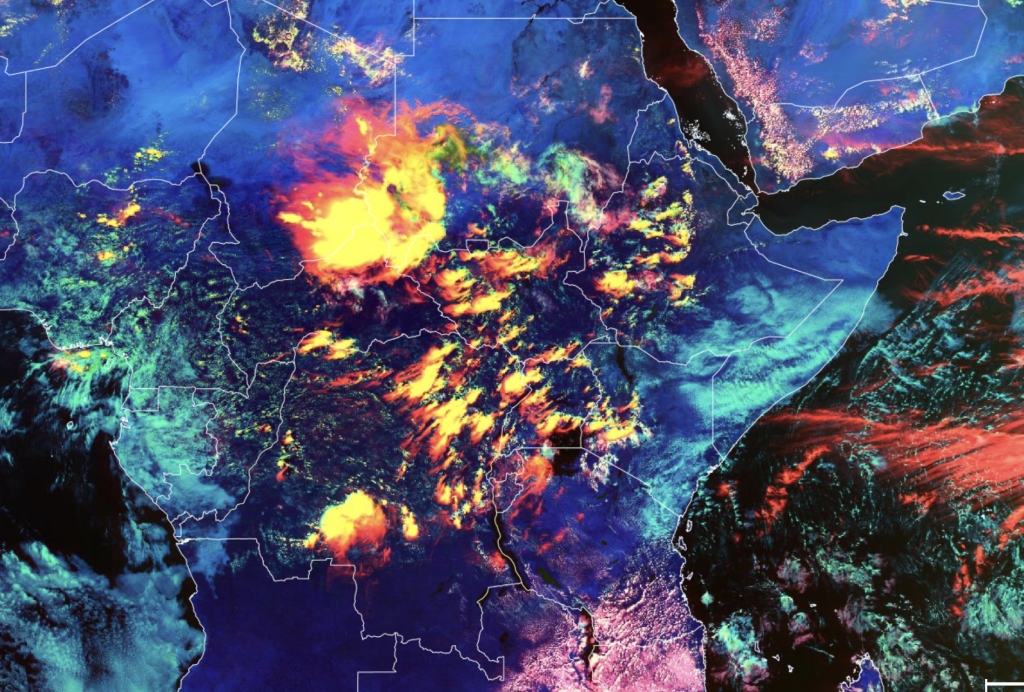
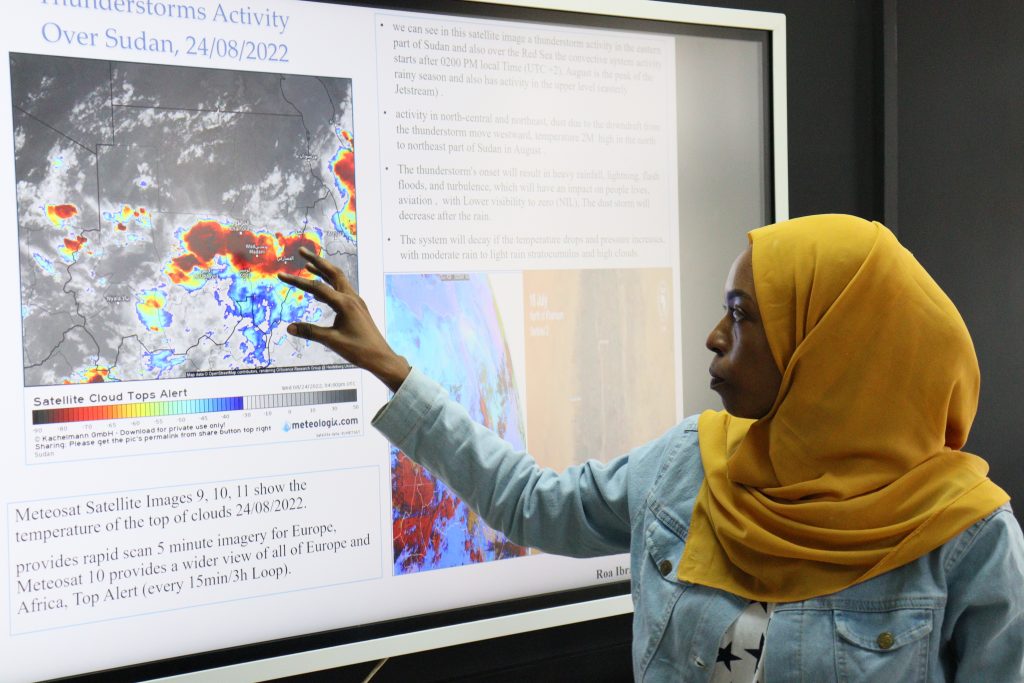
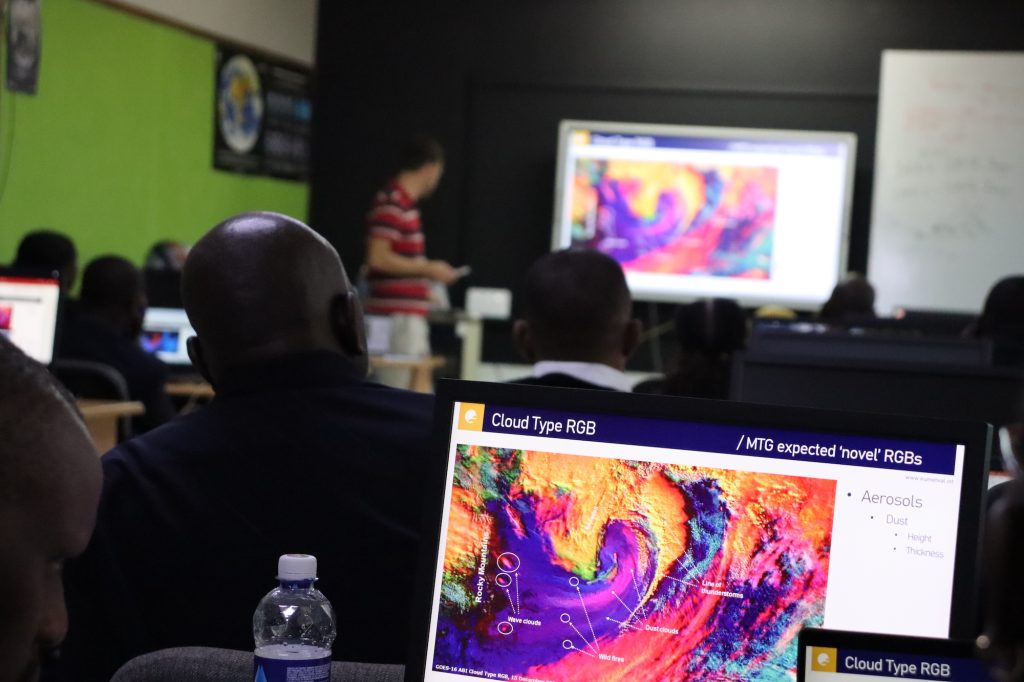
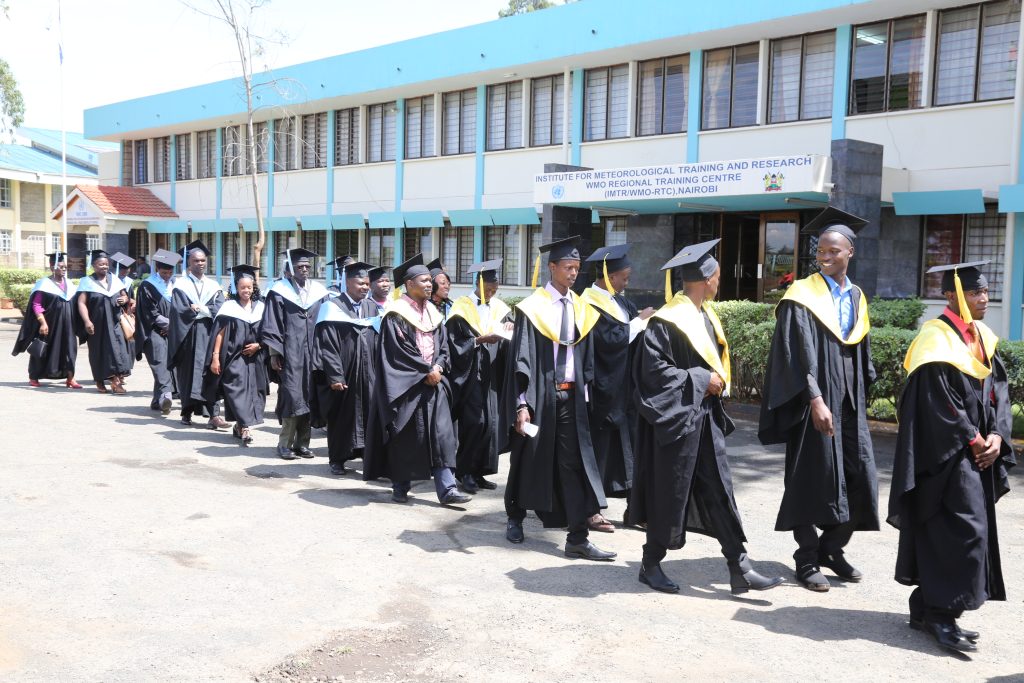
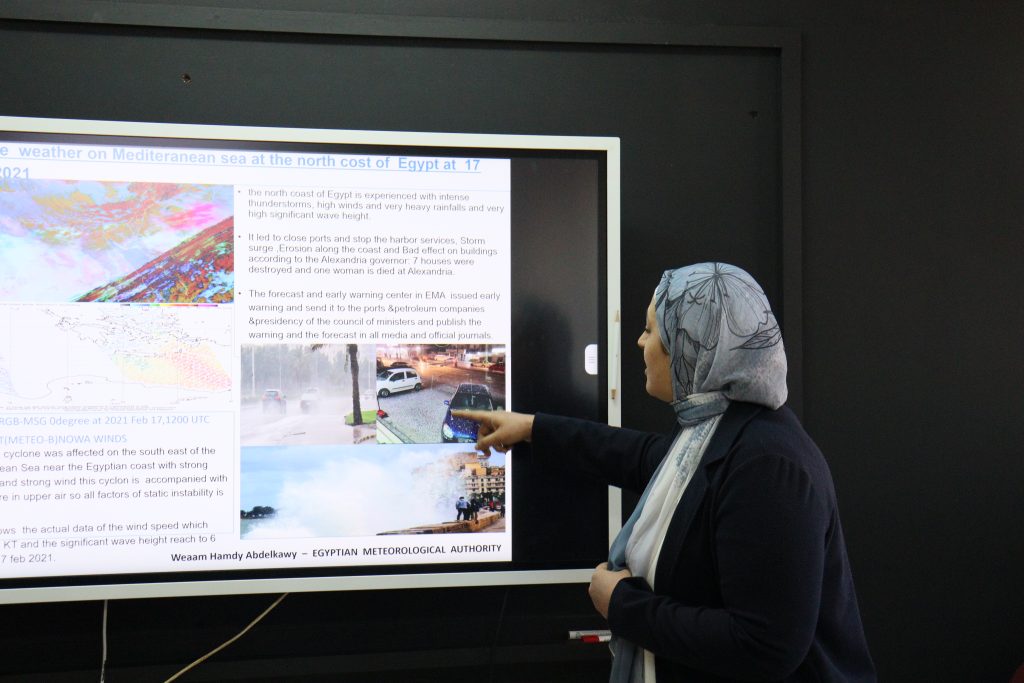
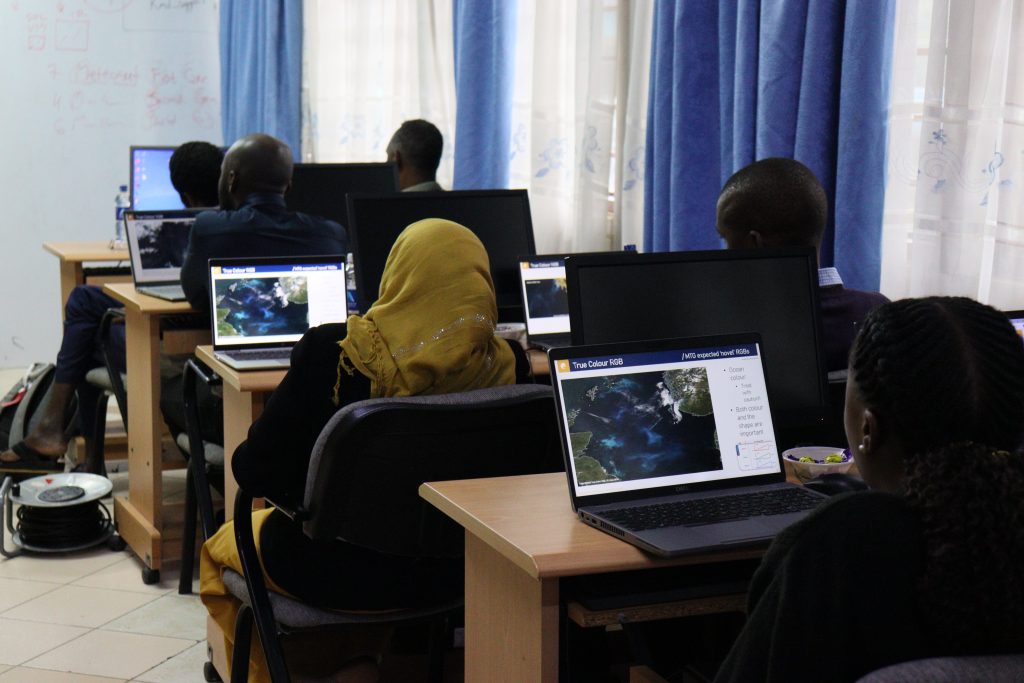
Build a solid foundation in weather forecasting beginning with classical synoptic techniques and advancing to state-of-the-art numerical prediction systems used by forecasters globally. You’ll gain hands-on experience with real-world datasets, explore atmospheric dynamics behind different weather systems, and learn to interpret model outputs for practical forecasting. Whether you’re preparing for a career as an operational meteorologist or aiming to refine your skills in applied research, this track will equip you with the tools and techniques to forecast with confidence and clarity.
Accurate weather forecasting lies at the heart of meteorology, enabling timely decision-making across sectors from agriculture to aviation. Our forecasting courses are designed to equip you with both the theoretical foundations and hands-on tools to interpret atmospheric data, run numerical models, and deliver reliable forecasts. Whether you’re a student, a professional forecaster, or a weather enthusiast, this track will sharpen your ability to anticipate weather with confidence.
Explore a range of topics including short-range and long-range forecasting, severe weather analysis, ensemble forecasting, and the use of modern forecasting tools like WRF and ECMWF outputs.
